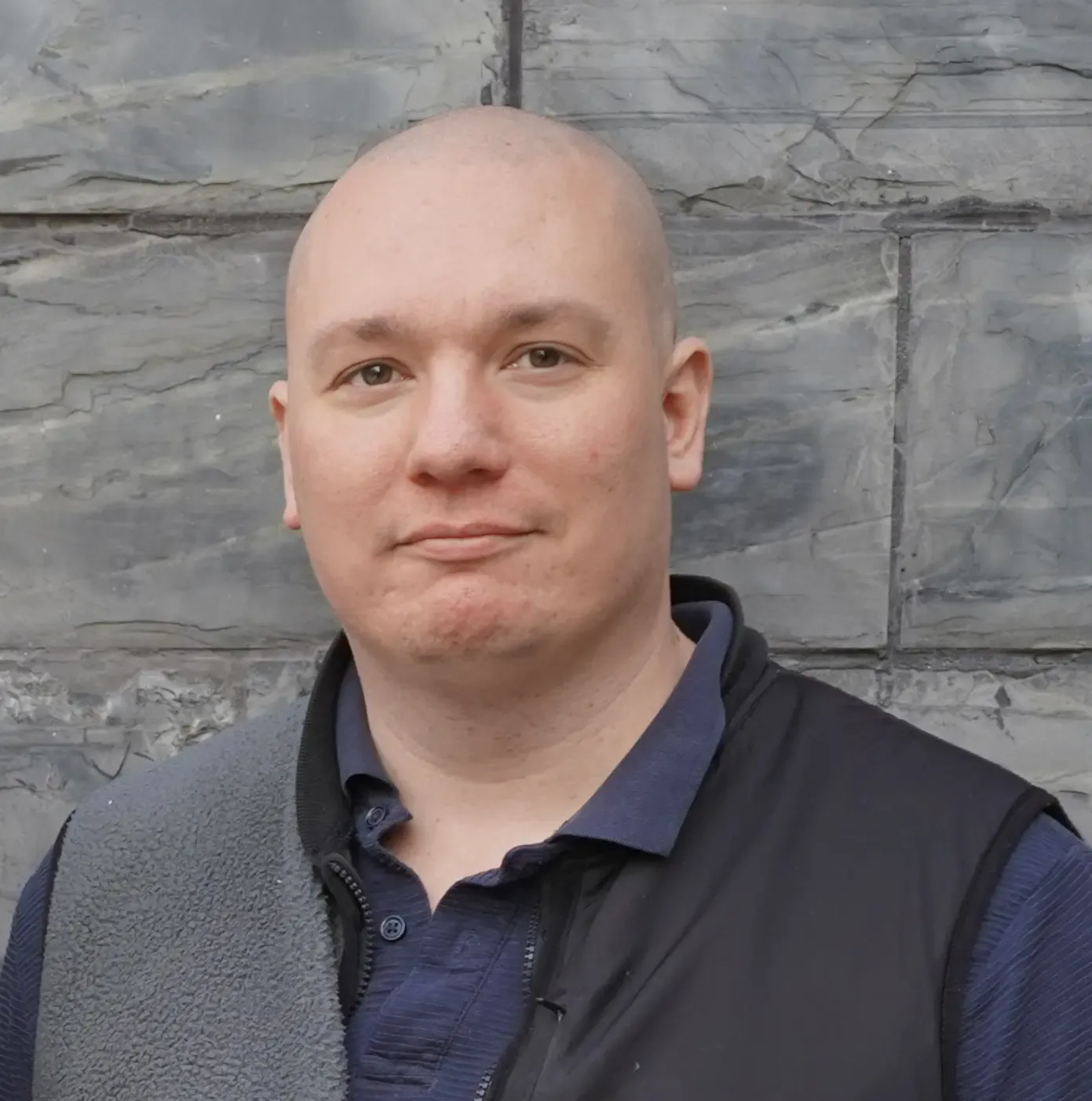"People can turn to me for advice before, during or after data collection"

Philip Lindner is a Clinicum advisor and Associate Professor in clinical psychology. He's also Head of the Digital Psychiatry Lab at the Centre for Psychiatry Research, and is working as a clinical psychologist at the Stockholm Centre for Dependency Disorders (Region Stockholm), where he’s the Head of Research and Development at the Maria Ungdom Clinic.

Hi Philip! Tell us why you are part of Clinicum’s advisory network.
"Early in my career, I became interested in advanced statistics and the management of large and complex data, which is rather uncommon in my field. I also enjoy sharing knowledge and skills. Even before I started as an advisor for Clinicum, I had already contributed to several studies in a similar role."
You are a psychometrician. Can you explain more about what that entails?
"In psychometrics, we are concerned with measuring so-called latent constructs of various kinds—that is, psychological characteristics such as intelligence, psychiatric symptoms, and similar traits where, for different reasons, we can only estimate the true value. In other areas of medicine, people use patient-reported outcome measures (PROM), but in psychiatry, these are often the only values we have, so the term is rarely used there. Instead, we have developed an entire statistical tradition focused precisely on how to measure these types of characteristics in the best possible way."
What kind of questions can people ask you if they need advice?
"I have developed several rating scales from scratch and validated many more. People can turn to me either before data collection if they are considering how questions and response options should be designed, or to get advice on which established scales are most suitable, among other things. Alternatively, they can contact me afterwards if they need help determining whether a rating scale worked as intended."
Philip’s best tips on how to prepare for your consultation
- Have a clear idea of what it is you actually want to measure
- Have a clear idea of which compromises you are willing to accept
- Have a clear idea of under what circumstances the measurement will take place
- If you already have data, make sure it is processed as thoroughly as possible so that we can move straight to the calculations
